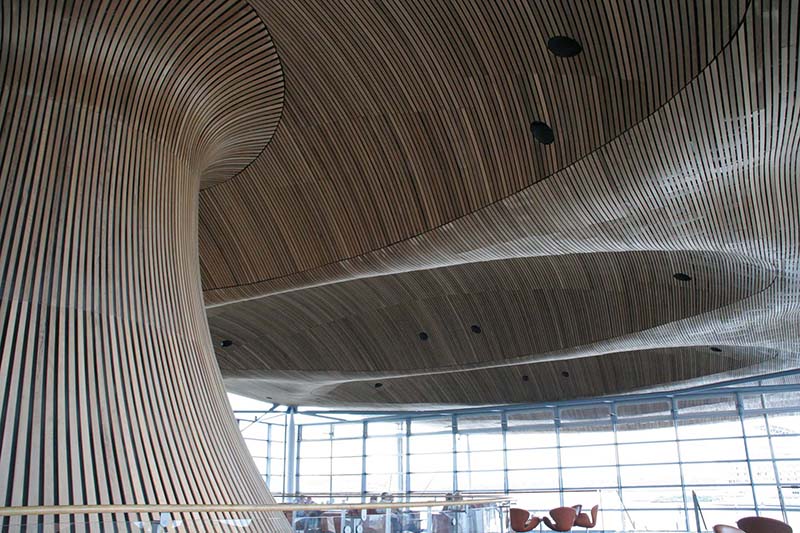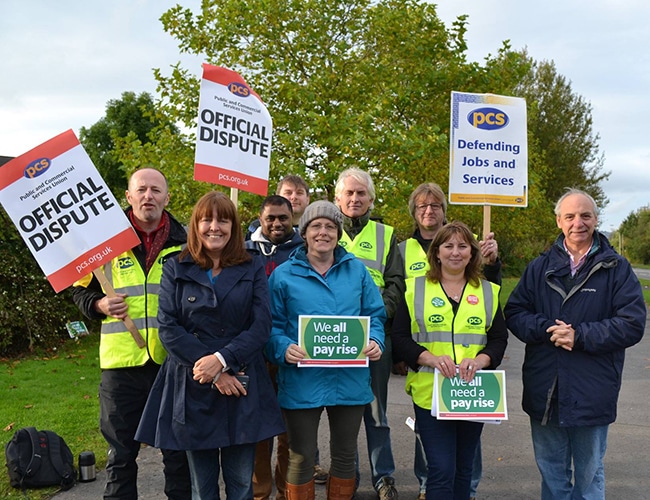- 24/05/2022
- Posted by: Mike Hedges MS
- Categories: Latest News, Press Releases

Share on Social Media
MIKE HEDGES SPEAKS IN SUPPORT OF PEOPLE WITH BRITTLE BONE DISEASE
Speaking from his Senedd office, Local Swansea East MS Mike Hedges said… Brittle Bone disease is a condition where people suffer broken bones from even slight touches which would not even be noticed by other people. It is a condition which can go undiagnosed for years. I have met people in my Constituency who suffer with the condition and it is important that we all learn about this condition and I am happy to help raise awareness of the condition.
The Brittle Bone Society is a wonderful source of support for people with the condition. They have been in existence for 53 years and it is a appropriate to highlight the work they have done to support people with the condition and their families.
If you need to get in touch with the Brittle Bone Society you can contact them at –
Phone – 01382 204446 or 01382 206771
Email – [email protected]
Brittle Bone Society, Grant-Paterson House, 30 Guthrie Street, Dundee DD1 5BS
Mike Hedges MS – May is brittle bone month. Brittle bone disease is a rare disorder that results in fragile bones that break easily. It’s present at birth and usually develops in children who have a family history of the disease. The disease is often referred to as osteogenesis imperfecta, which means imperfectly formed bone. Brittle bone disease can range from mild to severe. It should not be confused with either osteoporosis—where bones become brittle over years—or the tendency of some sportspeople to break bones. It affects about one in 15,000 to one in 20,000 people, making it one of the rare genetic diseases, but that means that each one of us should have between three and five constituents suffering from it. And I would hazard a guess that most Members in this Chamber have not met anybody in their constituency suffering from it. It’s one of the rare genetic diseases. There are a lot of these rare genetic diseases. Each one is rare; combined, they become far less rare.183
The main symptom of brittle bone disease is broken bones; they break very easily. Children can have a bone break during a nappy change, when being burped, or in the case of one person who I met, in the womb. Try explaining that it’s brittle bones when you’re taking the child for the eighth time in three weeks to the local A&E.184
The Brittle Bone Society was established in 1968. It supports the needs of people born with the rare condition and their families in the UK and the Republic of Ireland. Whilst there is no solution, maintaining a healthy lifestyle by exercising, eating a balanced diet sufficient in vitamin D and calcium, and avoiding smoking, can help prevent fractures.
Share on Social Media
FOLLOW ON SOCIAL MEDIA
LATEST NEWS
GET IN TOUCH
As your Member of the Senedd (MS), I can help constituents on various issues, such as education, the environment, health and social services, highways, transport, and housing.
Please use the contact form to get in touch with me. Please remember to provide as many details as possible, including your name, address and full details of your issue.
I also hold face-to-face and online surgeries using Zoom/Microsoft Teams. At each session, I’ll be available to help with local issues. Click here to book an appointment.
-
(01792) 790621
-



